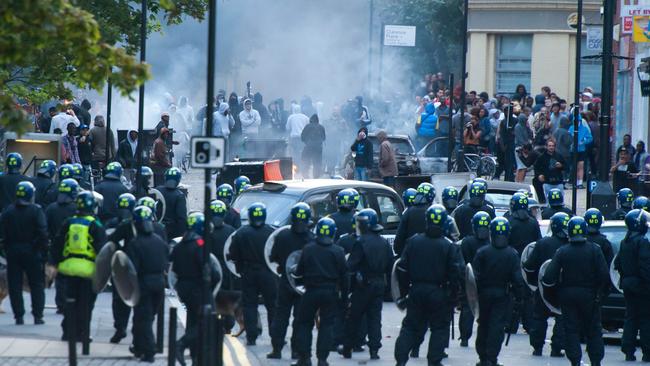
It’s well to remember that street riots in Britain predate, by centuries, whatever social conditions apply today. Historically, riots were one of the ways, before parliamentary politics, that populations registered discontent.
There’s a long tradition of street violence in Britain, on the left and the right, over class, regional hostilities, unpopular government decisions, sometimes over race, often historically over religion.
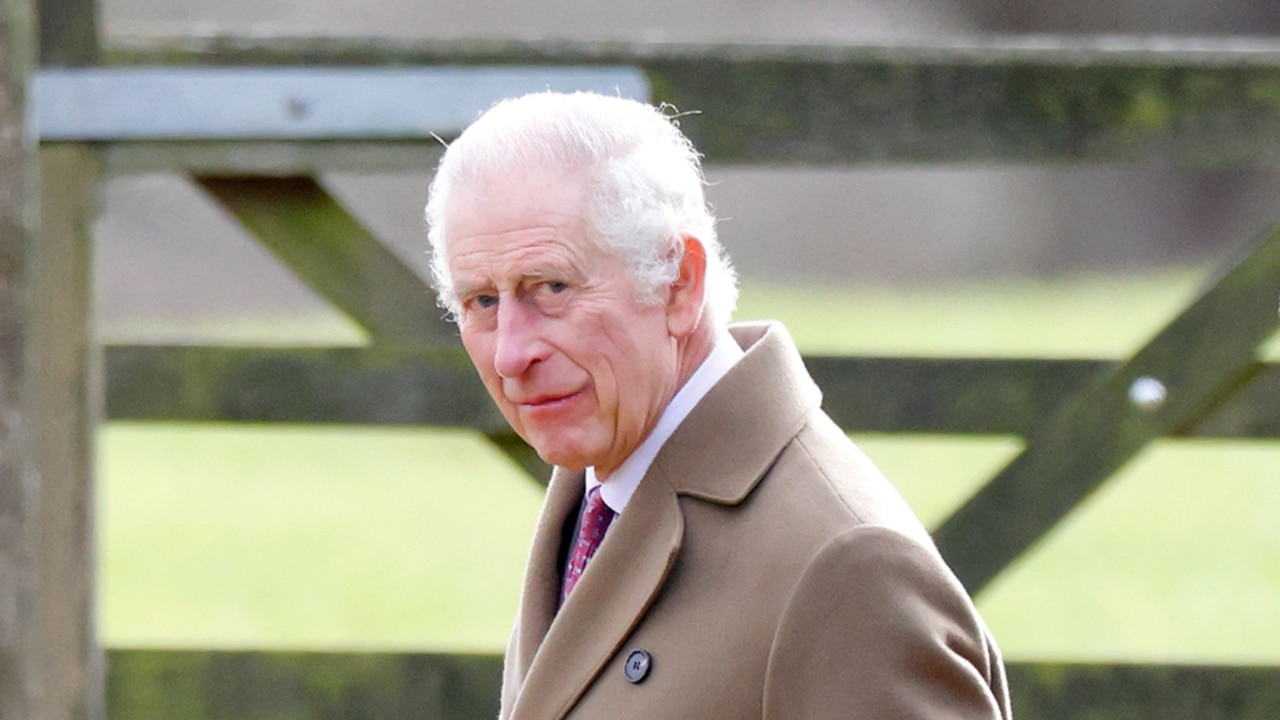
The British, like most peoples, are a paradox. Famed for orderly queues, possessors of an intricate, nuanced, finely gauged code of politeness that can carry great charm, their young men also exhibit a tendency to periodically erupt into violence. Have you been on a train with Millwall football supporters lately?
It is the case that a huge number of Brits are unhappy with the size and composition of immigration. They’re right to be dissatisfied. Since David Cameron became prime minister in 2010, British governments have promised to reduce the immigration intake from several hundred thousand a year to less than 100,000. Yet they’ve never done so, or even come close.
This is, oddly enough, a particular failure by every Conservative prime minister from Cameron to Rishi Sunak. Generally, Britain is a successful immigrant country. The cohort who have had most trouble settling in to British society are a minority of Muslim immigrants. Most Muslim immigrants have been successful enough in settling in to Britain. But a small minority hate their new homeland.
However, let’s not unfairly single out Muslims. A significant section of the British cultural, educational, academic, media and political elite also hate Britain, seeing its history as unrelieved racism, sexism and violence, and its present social model as hetero-normative oppression and economic exploitation.
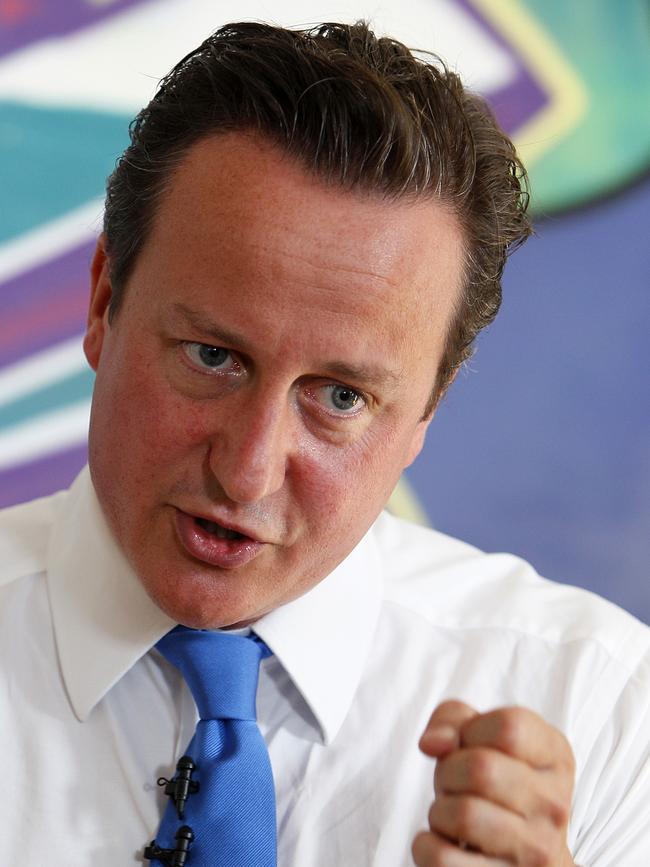
This view is absolutely barking mad, of course, given that Britain has created one of the most prosperous and equal societies on earth and pioneered ethical thinking and much cultural achievement.
But the salient point is the decade and a half failure of Conservative governments to carry out their own policies. It’s not remotely anti-immigrant in the general sense to regard a particular size and composition of intake as excessive. The British government couldn’t control its immigration intake while it was a member of the EU. That’s why millions of Brits voted for Brexit.
But even after Britain left the EU, governments couldn’t implement their own policies.
There are all kinds of bureaucratic and judicial reasons for this, but really they amount to a failure of will. That is the crisis of modern Britain.
I recently read a treatment of Margaret Thatcher’s time in office that convincingly drew the contrast with her. Thatcher’s greatest contribution to Britain was not to check the size of government, cut taxes, deregulate and let the magic of the market revitalise the British economy. She did do all that, and it was hugely important.
But her key contribution was to restore the authority and effectiveness of government.
Britain in the 1970s was crippled by strikes and social protest that ignored the rule of law. Outlaw unions could stop you going to work if they had a dispute with you or your boss. They could shut down any business in the country, and destroy any individual’s right to earn a living, without regard to the law. The law didn’t apply to them.

Thatcher’s genius was her courage. She told the police to enforce the law, which meant enforcing the democratic and legal right for businesses and employees to operate regardless of union diktats. It is not too much to say that Thatcher restored the rule of law in Britain. It then settled back into the mainly peaceful and cooperative society it is when its institutions work.
Mob rule, whether of the left or the right, is a form of tribal identity politics. Like all identity politics, it’s based on a doctrine that is passionately held on the left. That doctrine is that parliamentary democracy is a sham and its institutions don’t apply to selected political forces or demographic groups.
Australia dodged what would have been a fatal institutionalising of identity politics in the voice referendum. Australians didn’t reject Aboriginal people in this vote. Australians of all backgrounds rejected the idea that democratic institutions don’t work for, or shouldn’t apply to, any subset of society.
We all have our problems. They all have to be adjudicated in democratic and legal ways.
Nothing justifies these riots. However, the idea of “two-tier” policing is undeniable, but not the fault of police. Black Lives Matter demonstrations were violent, destructive of property and injurious to individuals in the US and Britain. Yet Keir Starmer famously took the knee to show his support for them. In America, Kamala Harris praised the demonstrations and raised bail money to get violent protesters out of jail.
Needless to say, the chief victims of this protest violence were low-income people who lived in areas that the demonstrations made, for a time, lawless.
Because Black Lives Matter protests were seen as expressions of virtuous identity politics, they got soft treatment by state institutions that should have been blind to politics.
This is part of the utter poison of identity politics. It’s wholly destructive and the crazy ideas in our government’s latest multicultural report would be disastrous if implemented. Identity politics tells minorities there is nothing but hostility and suspicion in their host societies. Whereas nations such as the US, Britain and Australia, while a million miles from perfect, are characterised by opportunity.
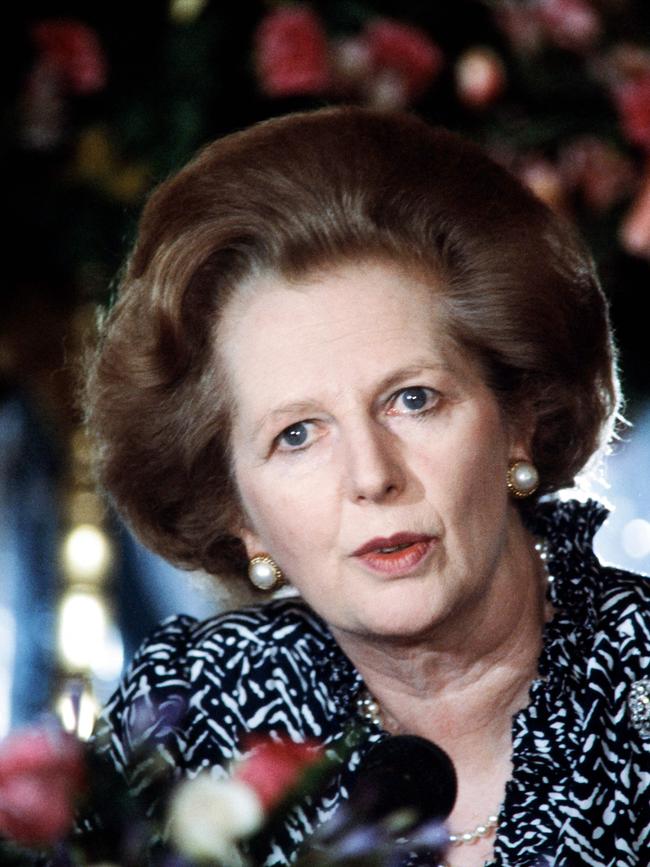
Minority identity politics also has this gruesome and inevitable consequence. It produces white identity politics among white folks who don’t feel particularly privileged. British author Douglas Murray points out that riots in 2011 were especially aggressive in Sutherland, Rotherham and Hartlepool. The proportion of people in those three towns receiving out-of-work benefits in 2011 was, respectively, 18 per cent, 16 per cent and 21 per cent. Today, each of those towns actually has worse rates. Today’s figures are, respectively, 19 per cent, 18 per cent and 23 per cent.
Thirteen years later, the underlying social problems have got worse – greater marital breakdown, greater absence of fathers, even more useless education that doesn’t equip people for jobs, consequent lack of economic opportunity.
For the past decade and a half British government has been unable to do anything. When it tries to do something even quite simple, such as cutting the immigration rate, and runs into problems, it doesn’t prevail. It gives up rather than cause a split in the party. Thatcher understood, among many other things, that in a civilised society the police must have the monopoly on the use of force. Because without authority there is no freedom.




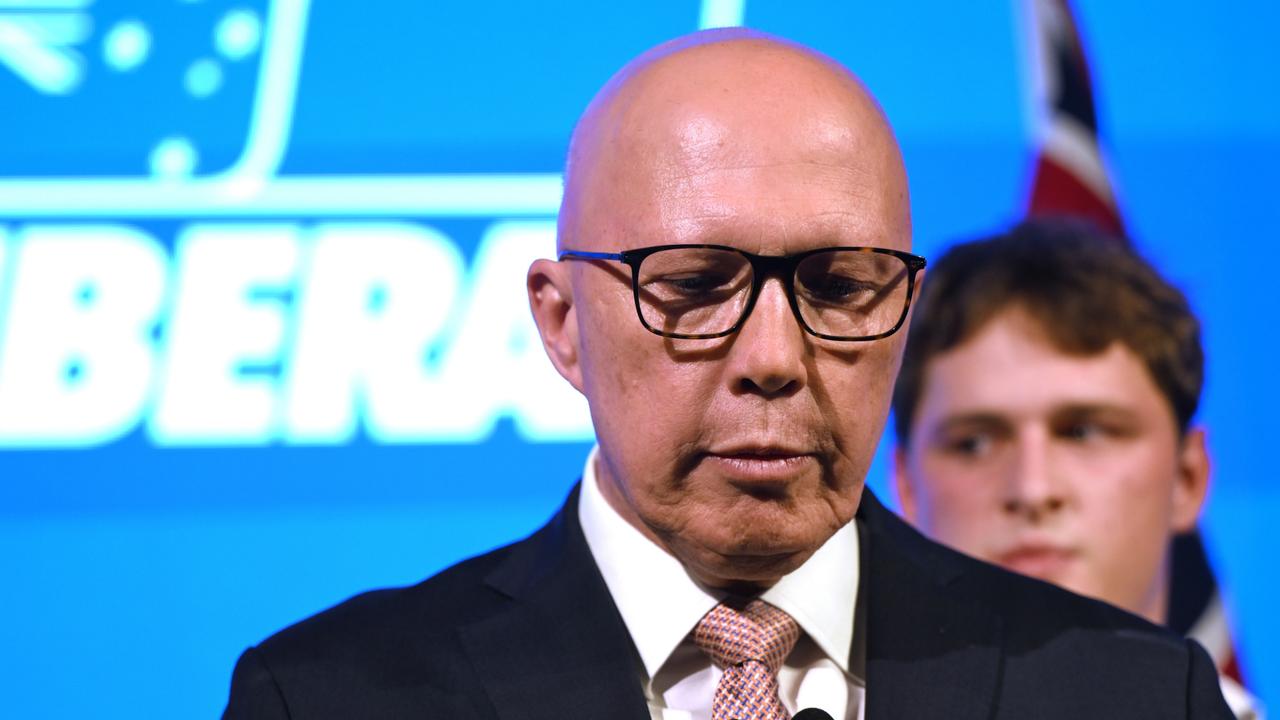
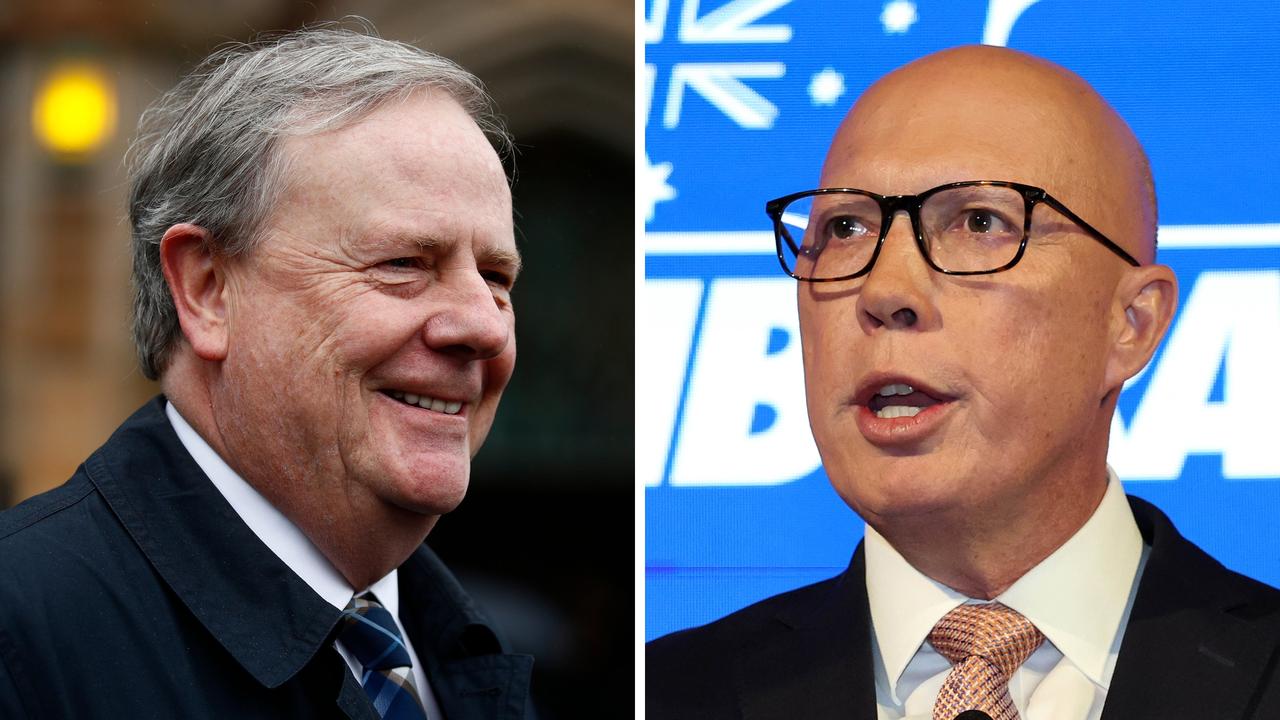
The ugly, indeed despicable, violent riots in Britain over recent weeks tell us a few things, but not mainly what most analysts are saying. For a start, we shouldn’t let street thugs of any kind determine a political agenda.